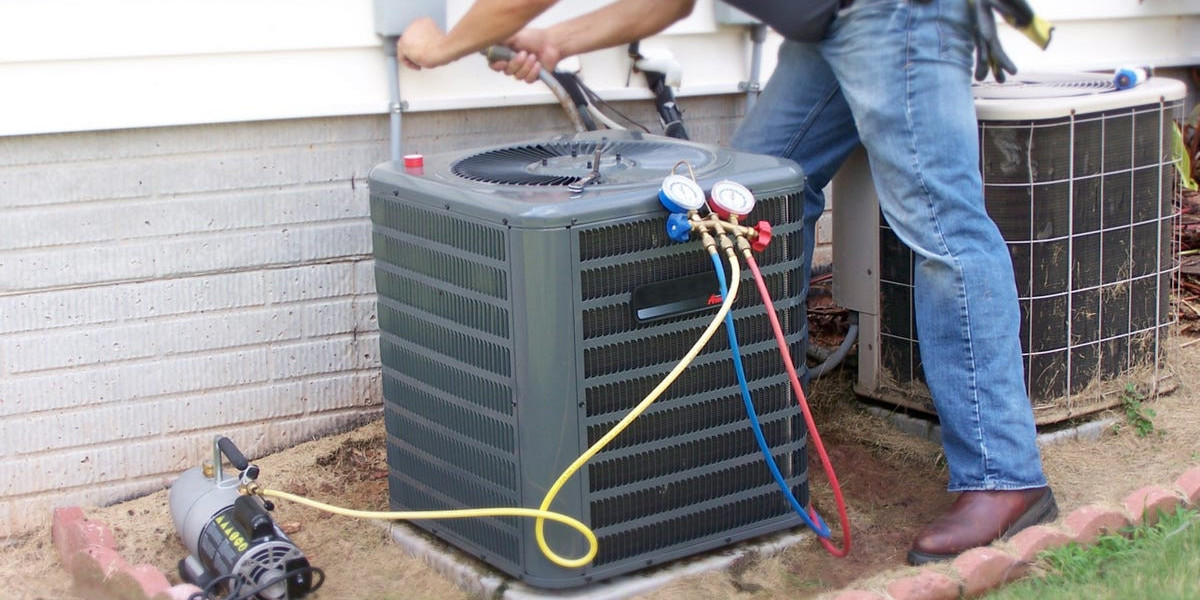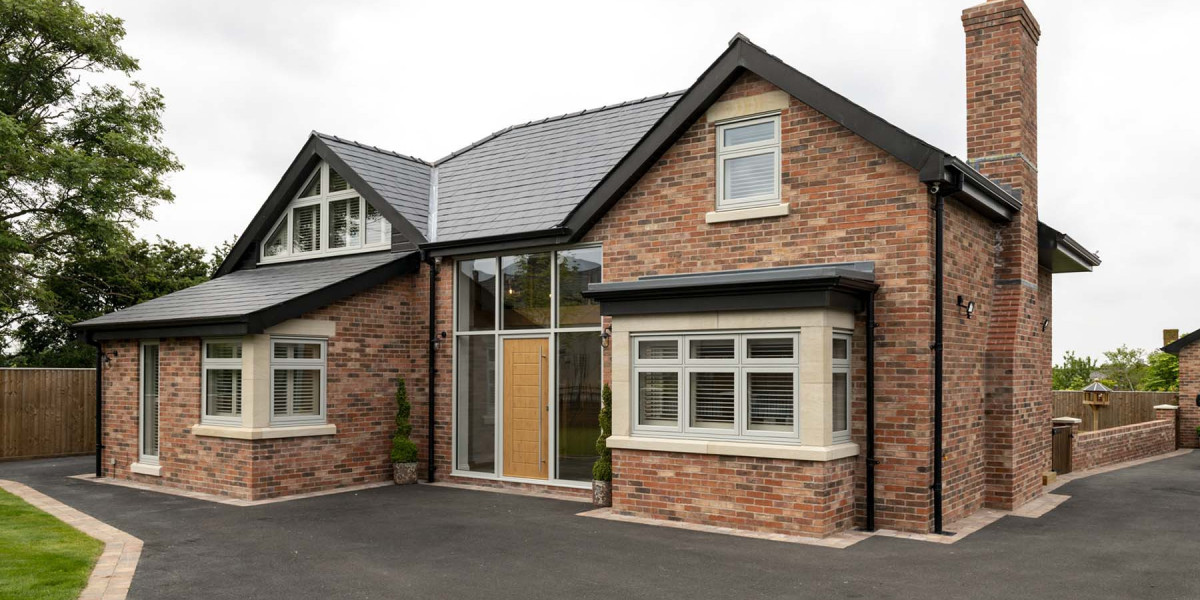When it comes to keeping your home comfortable in every season, few upgrades matter as much as a reliable heating and cooling system. For homeowners in St. Lucie County, FL, understanding the true costs of HVAC installation in 2025 is essential for smart budgeting. Whether you’re moving into a new home or replacing outdated equipment, the right system can lower energy bills, improve indoor air quality, and provide peace of mind year-round.
In this guide, we’ll break down the factors that influence pricing, compare system types, and share tips for making the best investment.
Why Homeowners Invest in New HVAC Systems
A properly installed system does more than regulate temperature. It boosts energy efficiency, supports healthier air, and adds long-term value to your home. Many households in St. Lucie County also upgrade because of rising energy costs, outdated equipment, or frequent breakdowns that make repairs no longer cost-effective.
By planning for new HVAC system installation, you avoid surprise expenses while enjoying reliable comfort for years to come.
Average Cost of HVAC Installation in 2025
Prices vary depending on system type, home size, and efficiency rating. On average, homeowners in St. Lucie County, FL, can expect to spend between $6,500 and $12,500 for a complete system. High-end options with advanced features may cost more, while smaller properties or simpler setups often fall on the lower end of the range.
Labor charges, permits, and the complexity of the job also influence the final cost. That’s why accurate estimates from trusted contractors in St. Lucie County are critical before starting the process.
Factors That Affect the Price
Several elements determine how much your project will cost:
System type – Central air, ductless mini-splits, furnaces, and heat pumps all have different price ranges.
Home size – Larger spaces require more powerful systems, increasing both equipment and labor costs.
Efficiency rating – High-SEER models save energy long-term but come with a higher upfront price.
Ductwork condition – Installing or repairing ductwork adds to total expenses.
Location-specific needs – Homes in St. Lucie County, FL often require systems designed for high humidity and intense summer heat.
Understanding these variables helps you set realistic expectations before moving forward with HVAC installation.
Comparing Popular System Types
Choosing the right system depends on your home’s layout, energy goals, and budget.
Central air installation – Ideal for larger homes with existing ductwork; delivers consistent cooling throughout the property.
Ductless HVAC installation – Best for smaller homes, additions, or areas without ducts; offers flexible zoning and high efficiency.
Furnace installation – Provides reliable heating, especially in cooler climates or during winter cold snaps.
Heat pump installation – A versatile option that both heats and cools; increasingly popular for energy efficiency.
Each option carries its own pricing structure, so balancing upfront cost with long-term savings is key.
Additional Expenses to Consider
The system itself isn’t the only cost. Homeowners should also plan for:
Permits and inspections – Required by local building codes.
Thermostat upgrades – Smart thermostats enhance energy management.
Insulation or sealing – Prevents energy loss, maximizing efficiency.
Extended warranties – Provide extra protection and peace of mind.
Factoring these into your budget ensures there are no surprises during the process.
Signs It’s Time for HVAC Replacement
Wondering whether it’s time to replace instead of repair? Look for these warning signs:
Frequent repairs that keep adding up
Rising utility bills despite regular maintenance
Uneven heating or cooling across rooms
Unusual noises or odors from the unit
A system that’s 12–15 years old or older
If you’re experiencing more than one of these issues, HVAC replacement is usually the most cost-effective solution.
The Value of Professional Installation
While DIY projects may seem tempting, heating and cooling systems are too complex to risk improper installation. Poorly installed units can waste energy, shorten equipment lifespan, and even pose safety hazards.
Working with experienced contractors ensures proper sizing, safe connections, and compliance with local codes. In St. Lucie County, FL, companies like Gelid Air Inc are trusted for their expertise and reliable service, making them an excellent choice for homeowners ready to invest in a new system.
Tips for Saving on HVAC Installation Costs
While replacing your system is a big investment, there are smart ways to reduce expenses:
Get multiple estimates to compare fair pricing.
Choose the right size unit—bigger isn’t always better.
Look for rebates or tax credits on energy-efficient models.
Schedule installation during the off-season for potential discounts.
Invest in long-term efficiency to save on energy bills year after year.
These strategies ensure you get the best balance of affordability and performance.
Final Thoughts
A reliable heating and cooling system is one of the most valuable investments you can make for your home. By understanding the true costs of HVAC installation in St. Lucie County, FL, you’ll be prepared to choose the right system, avoid hidden fees, and enjoy long-term savings. With the help of trusted professionals, your home will stay comfortable and efficient no matter the season.
FAQs
Q1: What is the average cost of HVAC installation in St. Lucie County, FL?
Most homeowners spend between $6,500 and $12,500, depending on system type, home size, and efficiency rating.
Q2: How long does a new HVAC installation usually take?
Typically 1–3 days, depending on the complexity of the project and whether ductwork modifications are required.
Q3: What’s the most affordable HVAC option for smaller homes?
Ductless systems are often the most budget-friendly choice for smaller homes or additions without existing ductwork.
Q4: Can I finance the cost of HVAC installation?
Yes, many contractors offer financing plans, and energy-efficient systems may qualify for rebates or tax incentives.
Q5: How long will a new HVAC system last?
With proper maintenance, most systems last 12–15 years, while high-efficiency models may last even longer.














